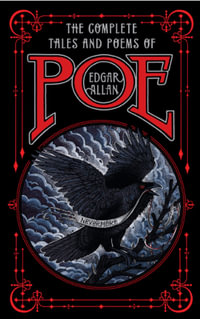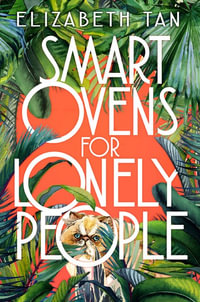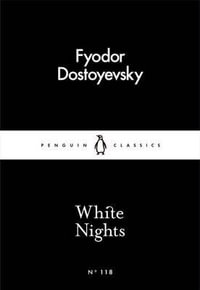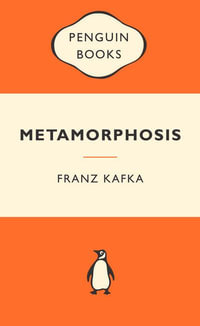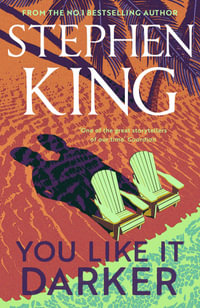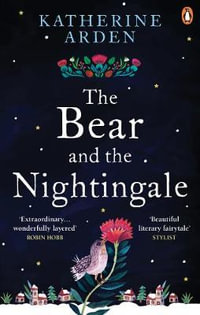"He loads his head full of coal and diamonds shoot out of his finger tips. What a trick. The mole genius has left us with another digest. It's a full house—read 'em and weep."--Tom Waits
After toiling in obscurity for years, Charles Bukowski suddenly found fame in 1967 with his autobiographical newspaper column, "Notes of a Dirty Old Man," and a book of that name in 1969. He continued writing this column, in one form or another, through the mid-1980s. More Notes of a Dirty Old Man gathers many uncollected gems from the column's twenty-year run. Drawn from ephemeral underground publications, these stories and essays haven't been seen in decades, making More a valuable addition to Bukowski's oeuvre. Filled with his usual obsessions—sex, booze, gambling—More features Bukowski's offbeat insights into politics and literature, his tortured, violent relationships with women, and his lurid escapades on the poetry reading circuit. Highlighting his versatility, the book ranges from thinly veiled autobiography to purely fictional tales of dysfunctional suburbanites, disgraced politicians, and down-and-out sports promoters, climaxing with a long, hilarious adventure among French filmmakers, "My Friend the Gambler," based on his experiences making the movie Barfly. From his lowly days at the post office through his later literary fame, More follows the entire arc of Bukowski's colorful career.
Edited by Bukowski scholar David Stephen Calonne, More Notes of a Dirty Old Man features an afterword outlining the history of the column and its effect on the author's creative development.
Born in Andernach, Germany in 1920, Charles Bukowski came to California at age three and spent most of his life in Los Angeles. He died in San Pedro, California, on March 9, 1994.
Industry Reviews
"In another installment of his essays and ramblings, City Lights press have surely come up with a winner." -- Beat Scene "Proving that misanthropic and humanitarian are two sides of the same tarnished coin and that stagnation and metamorphosis are equally related, this collection arcs subtly from the banal side of addiction to the most extreme forms of love and hate. Bukowski's prose is still relevant, still shocking, still transcendent." -- Publishers Weekly "To anyone familiar with Bukowski's work, they're more of the good stuff -- essays on pure desire that demonstrate his lust for the physical world. And of course, they're shot through with Bukowski's admirable denial of a higher meaning to his work -- to an earnest interviewer, he writes, 'When I die they can take my work and wipe a cat's ass with it. It will be of no earthly use to me.'" -- LA Weekly "In these pieces, written for the alternative press from 1967 through the mid-'80s, is a Bukowski you might not know--the father taking his seven-year-old daughter to the beach in Santa Monica, where he rescues a homeless man who's been beaten up by thugs. Here's the Bukowski lost in the gender wars, confused and trying to keep his own desire (piggy at times, yes) alive. He wasn't looking for beauty, but he found it now and then. And he was happy writing these columns--as much as a grumpy middle-aged drunk can be." -- Susan Salter Reynolds, Los Angeles Magazine "He's been gone since 1994, but Charles Bukowski continues to fascinate us. His tales of sex, drugs,and booze, and more sex, drugs, and booze, ad infinitum, resonate a lurid energy that grabs our attention and keeps it." -- SF Weekly




